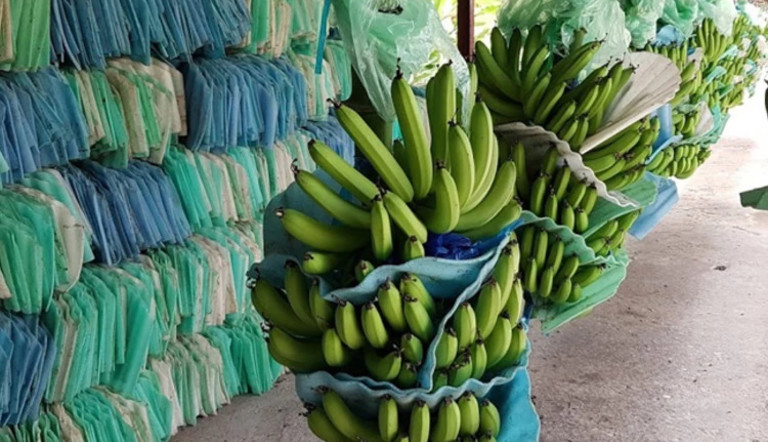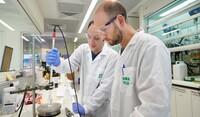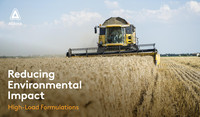
Ecuador and the world of bananas

Ecuador is the world’s biggest exporter of the yellow fruit, accounting for about 28.3% of global shipments in 2016, according to Pro-Ecuador (and an estimated 40% in 2017, according to FAO). Bananas make up 10% of Ecuador's exports in value terms, according to Pro-Ecuador. In 2016 it exported 215 million tonnes of bananas, baby bananas and green bananas, worth US$ 110 million, mainly destined for Russia, the US, EU, Turkey and China.
Ecuador’s farmers are keen to expand, but government regulations restrict farm sizes. The industry has started a campaign to change this, so its farmers can grow and improve efficiency through economies of scale.
It has 5,000 growers, from small farmers to medium-sized growers and is organized through 300 co-operatives and 200 exporters, according to government trade body Pro-Ecuador.
In contrast, production is concentrated across fewer, but bigger growers in competing countries, such as Costa Rica, Colombia and Guatemala, where the world’s largest producers - Chiquita, Del Monte, Dole, Fyffes and Noboa – play bigger roles.
Behind the scenes of a packing house
Farm La Nueva Pubenza in Machala grows and packs 320,000 boxes of bananas a year across 100ha. It sells its produce to major supermarkets and distributors in the UK and Germany.
Bunches are cut from the plant and hung on a metal conveyor belt to enter the pack house. Foam protects the fruits from bruising and plastic bags protect from insects. The foam is re-used and the bags are sent for recycling.
The bananas are cut into bunches and placed in a pool of water. Workers scrub them and remove any that do not meet specifications.
A second pool washes the bananas again. A worker takes the bananas out and packs the bunches into crates. Certification stickers are added and the crates are weighed and adjusted. The bananas receive a final spray of citric acid to stop them turning brown. Finally, they are packed into boxes and loaded onto waiting lorries.



